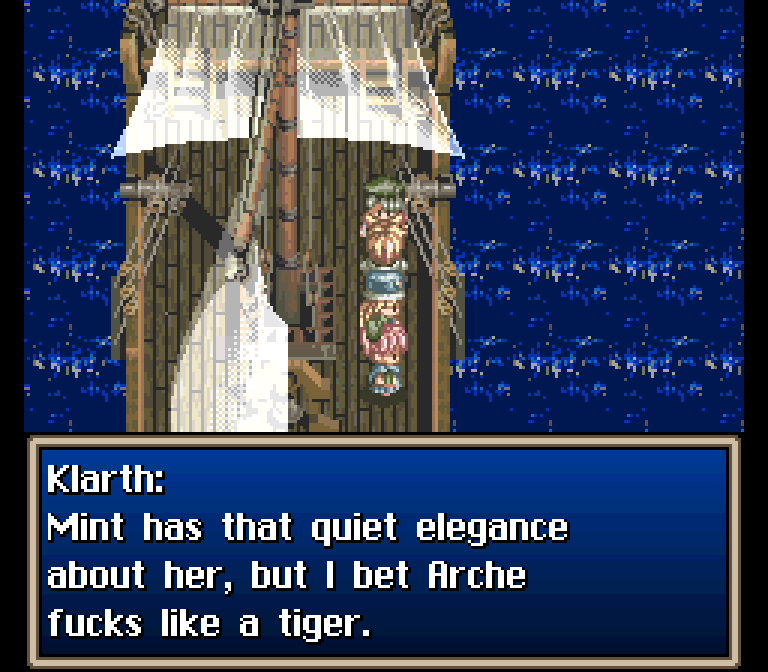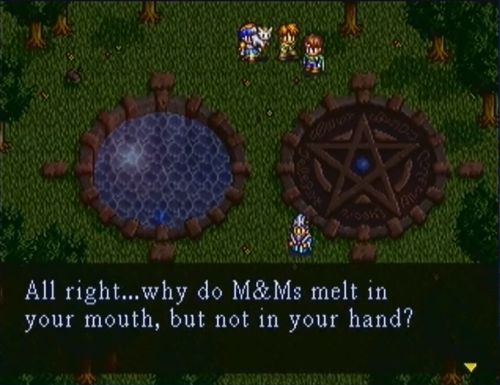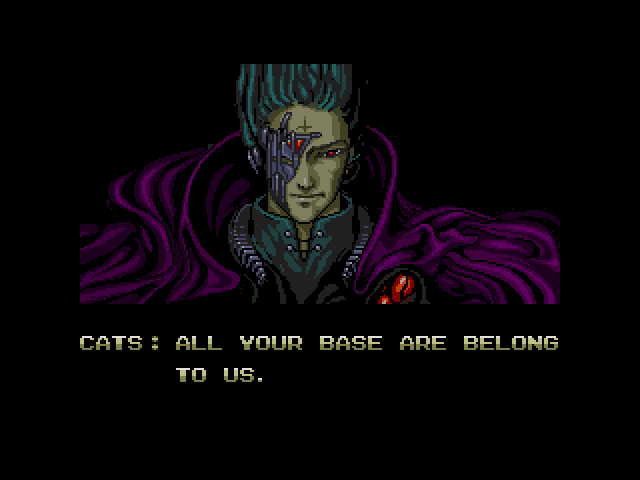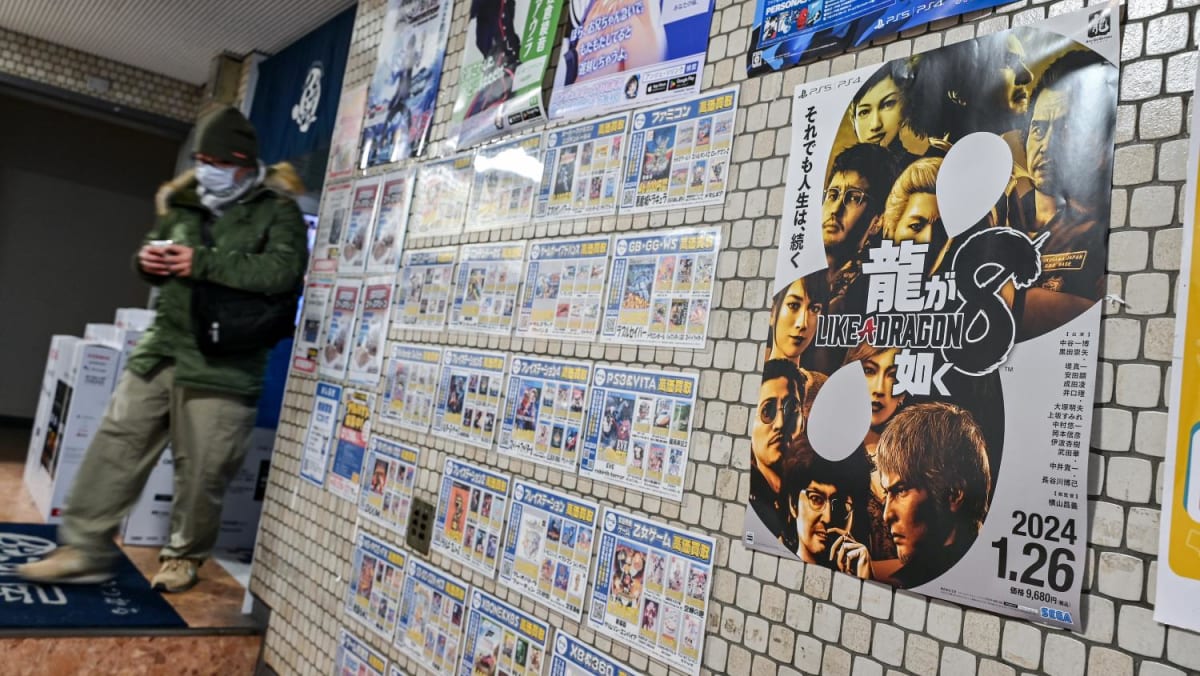Localization is harder than a lot of people realize and has always had it's contentious points. People underestimate the cultural-linguistic gap between Japanese and English. That said screw adding agenda into the translation.
I realized how different languages are only after learning that even simple stuff can be very different in other languages. Which get's a lot faster obvious for English speakers when learning anything outside indoeuropean/germanic/romance languages. Those share enough of logic that anyone should get it rather easily after some time. Gendered stuff might be weird, but that's more English alone, not really bothering the rest of the family, so maybe English speakers might find translating even in their own language relatives already more preplexing ... but I only know the tinyest bit of Japanese, and eg I have no idea how anyone would try to translate the o in ocha when just cha would be the only thing to say in anything "western", or maybe outright turn it into sencha if you want to make it clearer, but then certainly omiting the honorific o, that just makes no f-ing sense to me.
The impossibility of translating everything compeltely correct is already one thing were I certainly can see why translation have to take liberties. But I also don't think "agendas" can be entirely omited, since something that might be legal to say in one country might be entirely illegal in another, or just not socially acceptable, and with social media mobs running wild especially in America, of course any corporation with any fear of lost sales might want to adjust their own work. It would be naive to expect them to just ignore the views of their own potential customers or rather the social warfare surrounding them.
As much as we think this and that law and morale stance is inferior or superior or whatever, there are just differences and getting it right is not as easy as just doing it word for word and keeping an intent.
Similar with German trauma of their own past and being afraid to do anything with nazi symbols wrong and thus outright censored themselves for decades in games, while the law did explicitly allow it in works of arts, which movies certainly used since forever and it took I think Bethesda to actually ask if they finally can leave the Swastikas in Wolfenstein TNC to get the greenlight for every other game, which probably would not have happened some years ago with games glorifying violence then still being thrown in kinda the same basket. Germany chilled out a bit lately, Japan still have their very weird censorship going on for porn, whereas America always had a bigger problem with sexy, but now also is pretty divided on opinions in many many things with left and right battling it out and neither appearing at the bottom line reasonable at all.
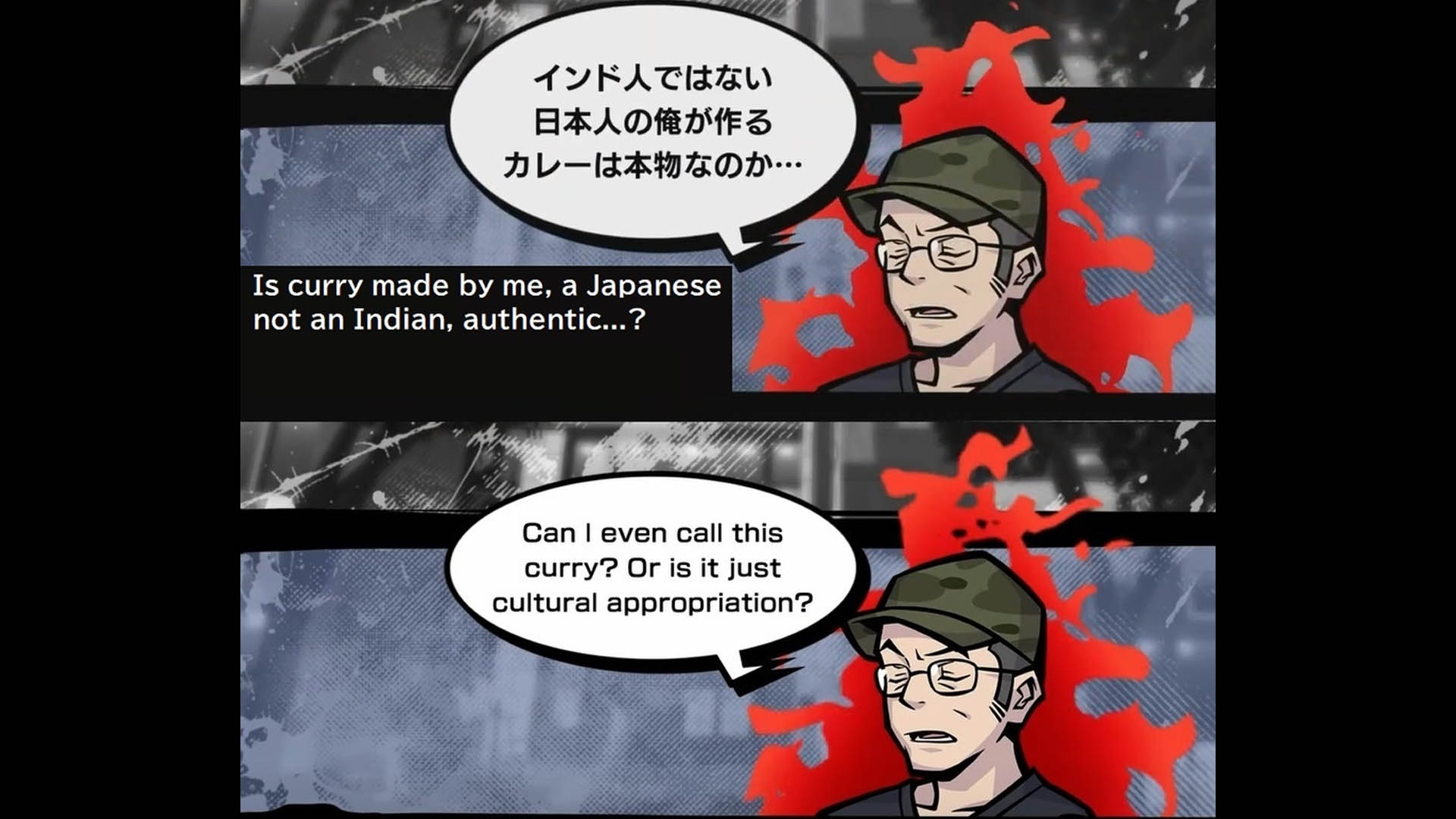
 nichegamer.com
nichegamer.com


